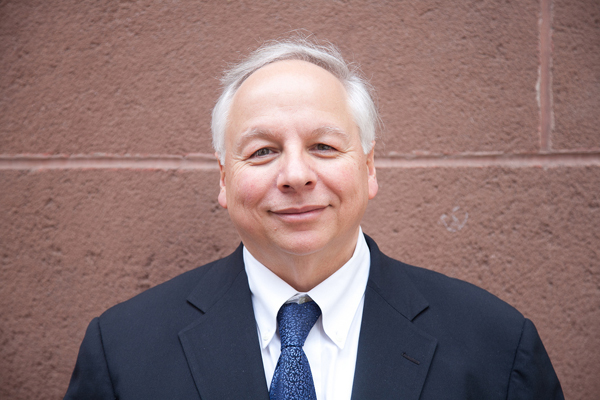
Catholic Charities Lynn Child Care Center received a $750,000 EEOST award to create a more modern and child-friendly atmosphere.
The research has been consistent – children from low-income communities make tremendous educational gains when they have access to high quality early education programs. Early education has become an important priority for Massachusetts, which is why, three years ago, the commonwealth made history by becoming the second state to make state bond financing available to improve the quality of early education and out of school time facilities – and the first to include that financing in a larger community development bond bill.
The Housing Bond Bill that passed in 2013 created the Early Education and Out of School Time (EEOST) Capital Fund and for 16 child care providers, EEOST has made all the difference in ensuring they have quality learning space.
The physical space in which children in early childhood education (ECE) and out-of-school time (OST) programs spend most of their time is critical to their educational development. Proximity to classroom sinks, the installation of adequate HVAC systems, and access to indoor and outdoor play spaces are all as important as programming quality in early education. Nonprofit, community-based child care providers, especially those serving children in low-income neighborhoods, are often located in spaces not designed for learning – old storefronts, gloomy church basements and other sites that are inexpensive but not ideal. While many want to upgrade their facilities, most providers find it infeasible to fundraise the necessary capital or borrow loans from traditional banks.
For more than two decades, Children’s Investment Fund had offered both loans to child care providers planning to improve their facilities and the technical assistance that they require to complete those plans. But it had become apparent that to address the facility challenges of so many community-based providers, a new form of public capital funding would be needed. That’s why the EEOST Capital Fund was created. Luckily for Massachusetts, we already had a successful affordable housing financing example – of which CEDAC plays a critical role – to model the program after.
The 2013 legislation authorized $45 million to create the EEOST Capital Fund program to improve the quality of center-based child care facilities. In the first three years, Massachusetts has allocated $4 million per year for this purpose. The EEOST program, which is administrated by CEDAC and the Children’s Investment Fund in partnership with the Massachusetts Department of Early Education and Care (EEC), awards grants of up to $1 million to large group early education and out-of-school time programs for major capital facilities projects.
Sixteen child care centers have received grant awards from the EEOST Capital Fund program. Nearly 1,900 children across the commonwealth, of which more than 85 percent are from low-income families, will benefit from improved learning environments. The state’s $11 million of capital grants to date have leveraged more than $30 million in private investment from banks, social lenders, charitable foundations and other sources. All in all, the program is a great investment in supporting community-based nonprofits and Massachusetts’ children – and we’d be smart to build upon that success.
Among two of the providers to receive EEOST grants were the Catholic Charities Lynn Child Care Center and Valley Opportunity Council. The Lynn Child Care Center received a $750,000 EEOST award to transform a 13,000-square-foot building by replacing the roof, reconfiguring classrooms with new walls and floors, and installing a new heating and ventilation system as well as a limited use elevator, creating a more modern and child-friendly atmosphere. The center currently serves 100 children from Lynn, Nahant and Saugus, 95 percent of whom receive some form of public subsidy.
Valley Opportunity Council (VOC) in Chicopee demolished a concrete building – a cramped, dark former dentist’s office and single-family home – they had owned and operated since 2009. Through a $1 million EEOST grant, VOC constructed a new, open, bright and energy efficient 6,800-square-foot building to meet their program needs. The new facility added 50 percent more space, including expanded classrooms, and now serves 60 preschoolers and 22 out-of-school time children. VOC serves a diverse population, with 97 percent of the children coming from low income families.
Massachusetts has once again demonstrated it is a community development leader with the creation of the EEOST Capital Fund, and it is doubly sweet that the fund’s creation also reinforces our status as a national education leader. We’re looking forward to continuing our work improving environments for low-income children throughout the commonwealth.
Roger Herzog is the executive director of the Community Economic Development Assistance Corporation. Theresa Jordan is director of Children Facilities Finance for Children’s
Investment Fund.




 |
| 


